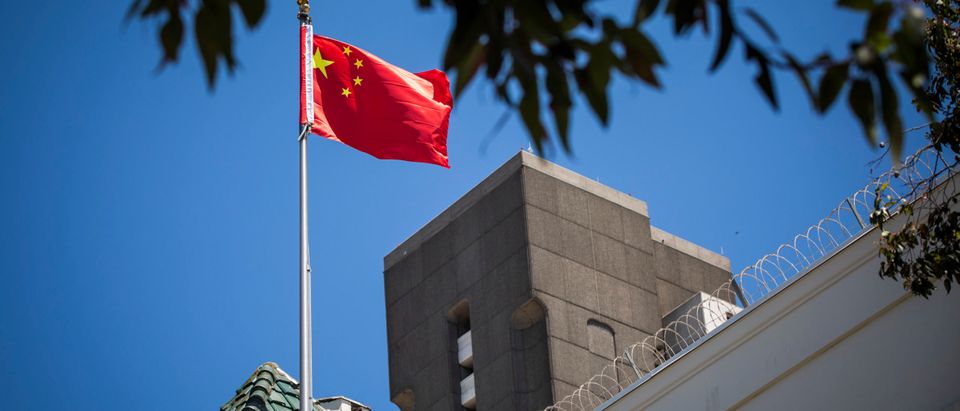A Chinese national living in Hong Kong faces charges of conspiring to commit intellectual property theft against a major American company, the Department of Justice (DOJ) announced Friday.
The 64-year-old Chi Lung Winsman Ng and his collaborators had allegedly attempted to steal trade secrets surrounding General Electric (GE)’s million-dollar silicon carbide MOSFET technology to “start a competitor,” a DOJ press release stated. (RELATED: Woman Tried To Steal Trade Secrets From Children’s Hospital And Sell Them To China, DOJ Says)
MOSFETs, silicon carbide metal-oxide semiconductor field-effect transistors. are tiny electronic semiconductors used in a broad range of products, according to the DOJ. They regulate electricity flow in devices.
“Innovation by American companies brings good things into our lives, but we shouldn’t have to buy those good things from a foreign company that stole American technology to compete against us,” FBI Counterintelligence Division Assistant Director Alan E. Kohler Jr. said. “The FBI urges any U.S. business to contact us if they suspect someone, regardless of nationality, is attempting to steal or has stolen trade secrets. Only through robust engagement with U.S. businesses can we protect our economic and national security.”
Chinese Businessman Charged with Conspiring to Steal Trade Secrets @FBIAlbany https://t.co/YwzudofIJm pic.twitter.com/qM1inOPVeb
— FBI (@FBI) February 26, 2021
Ng and at least one of the co-conspirators between Mar. 2017 and Jan. 2018 planned to create a competing business that would produce and sell silicon carbide MOSFETs using secrets stolen from GE, according to the indictment. He had then allegedly plotted with another co-conspirator, a GE engineer who has worked at the company for seven plus years, to unlawfully obtain MOSFET trade secrets and other GE proprietary information.
The first conspirator and Ng allegedly used those trade secrets to make a business plan and create PowerPoint presentations for prospective investors, seeking nearly $30 million funding for ownership stake in the planned company, according to the DOJ. The duo had supposedly told the investors that their business could attain profitability in three years and that their start-up had assets worth an estimated $100 million.
Ng and the co-conspirator then met each other in China and presented to a Chinese investment company interested in funding Ng’s start-up, the release said.
The DOJ has no evidence of an illegal MOSFET technology transfer to any Chinese companies, including the start-up Ng and his co-conspirator were planning to set up, according to the press release.
Ng has yet to be arrested, according to the DOJ. If found guilty, he will face up to 10 years’ imprisonment and a fine of up to $250,000.


